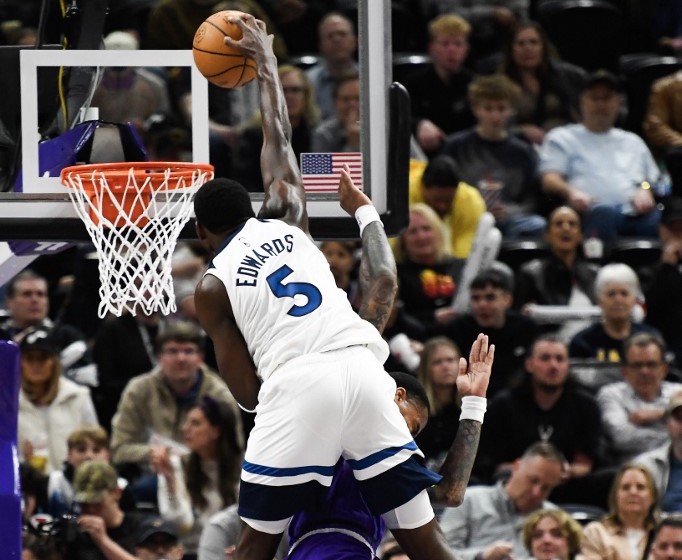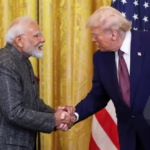In a significant ruling for sports franchise ownership transitions, an arbitration panel has determined that Minnesota sports mogul Glen Taylor cannot unilaterally cancel the pending sale of his controlling stake in the Minnesota Timberwolves and Lynx to Alex Rodriguez and Marc Lore. This decision marks a crucial intersection of contract law and professional sports governance, with implications for future franchise transactions.
The Contract Dispute
The core of the dispute centered on the interpretation of a complex, multi-phase purchase agreement signed in May 2021. Under the agreement’s terms, Rodriguez and Lore had already acquired a 40% stake through two separate transactions: an initial 20% purchase in 2021 and another 20% in December 2022. The contested portion involved a call option for an additional 40% stake, which would have given the buyers majority control.
The legal controversy erupted when Taylor attempted to terminate the sale precisely 90 days after Rodriguez and Lore exercised their call option on December 31, 2023. Taylor’s decision appeared to be prompted by the eleventh-hour withdrawal of the Carlyle Group, which had committed $300 million in financing to the deal.
The Arbitration Panel’s Analysis
The three-member arbitration panel, comprising former Minnesota Supreme Court Chief Justice Kathleen Blatz, former Hennepin County District Court Judge Thomas Fraser, and former Delaware Court of Chancery Vice Chancellor Joseph R. Slights III, focused their analysis on a crucial provision in the purchase agreement labeled “Call Option Closing.”
This provision contained an automatic extension clause that would grant the buyers an additional 90 days if “all NBA approvals or other required approvals of any Governmental Entity have not yet been obtained.” The panel’s interpretation of this clause proved decisive, as they determined that Taylor’s cancellation constituted a breach of contract, effectively invalidating his attempt to terminate the sale.
Implications for Sports Franchise Transactions
This ruling underscores several key considerations for future sports franchise transactions:
- The importance of precise contractual language regarding regulatory approvals and their impact on closing deadlines
- The role of contingency planning in complex, multi-phase ownership transitions
- The significance of maintaining alternative financing options in high-stakes sports acquisitions
The case is particularly noteworthy given the buyers’ ability to secure alternative financing through Michael Bloomberg, demonstrating the resilience of well-structured deals even in the face of major funding setbacks. Reports indicate that the Rodriguez-Lore group now has $940 million ready for the transaction, sufficient to complete both the contested 40% purchase and the remaining 20% stake.
Historical Context and Future Outlook
The transition marks the end of an era in Minnesota sports. Taylor, who acquired the Timberwolves for $94 million in 1994, prevented the team’s relocation to New Orleans and later established the Minnesota Lynx as a WNBA powerhouse with four championships. The incoming ownership group, combining Rodriguez’s sports expertise with Lore’s technology entrepreneurship, represents a new generation of sports ownership focused on modernization and market expansion.
Legal Precedent
This arbitration decision may serve as valuable precedent for future sports franchise disputes, particularly in cases involving:
- Multi-phase ownership transitions
- Regulatory approval contingencies
- Financing contingencies and their impact on closing obligations
- The interpretation of automatic extension provisions in complex purchase agreements
The ruling demonstrates the arbitration system’s capacity to resolve sophisticated sports business disputes while balancing contractual obligations with the practical realities of major franchise transactions. It also highlights the importance of selecting arbitrators with relevant expertise – in this case, combining state supreme court experience, trial court perspective, and Delaware corporate law knowledge.
The resolution of this dispute paves the way for what promises to be a transformative era in Minnesota professional basketball, while establishing important principles for future sports franchise transactions and their associated legal frameworks.








